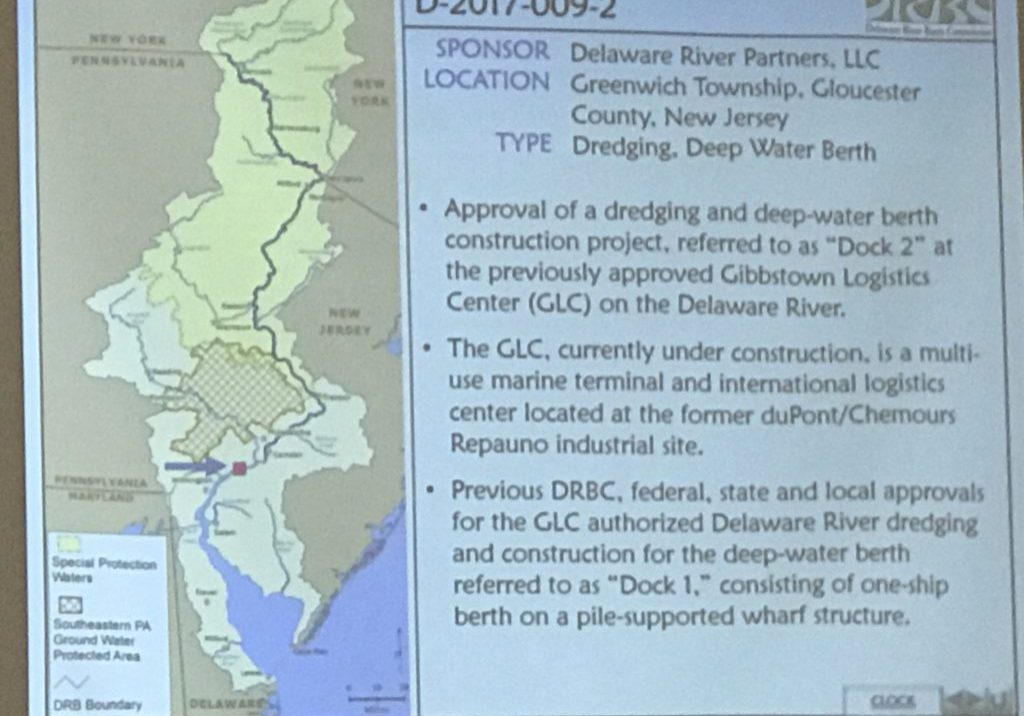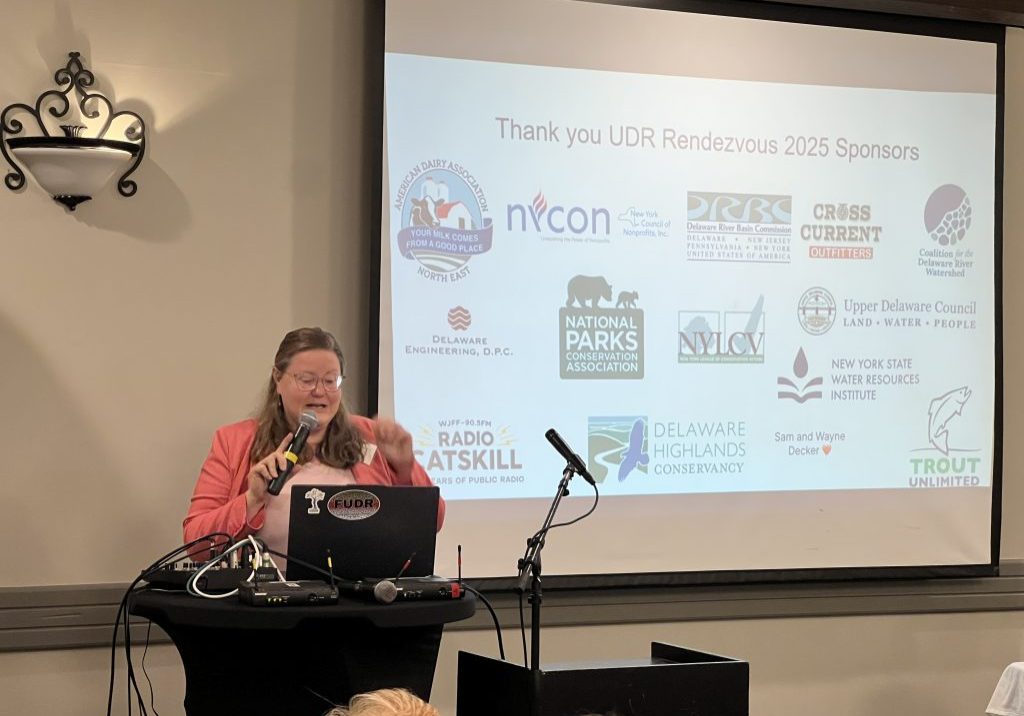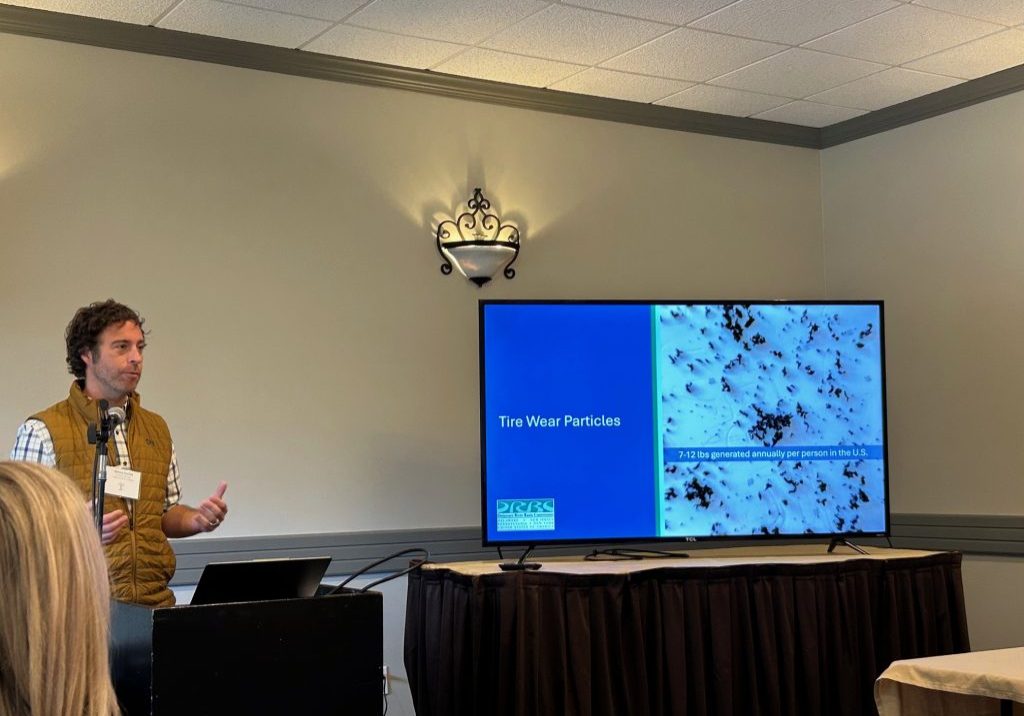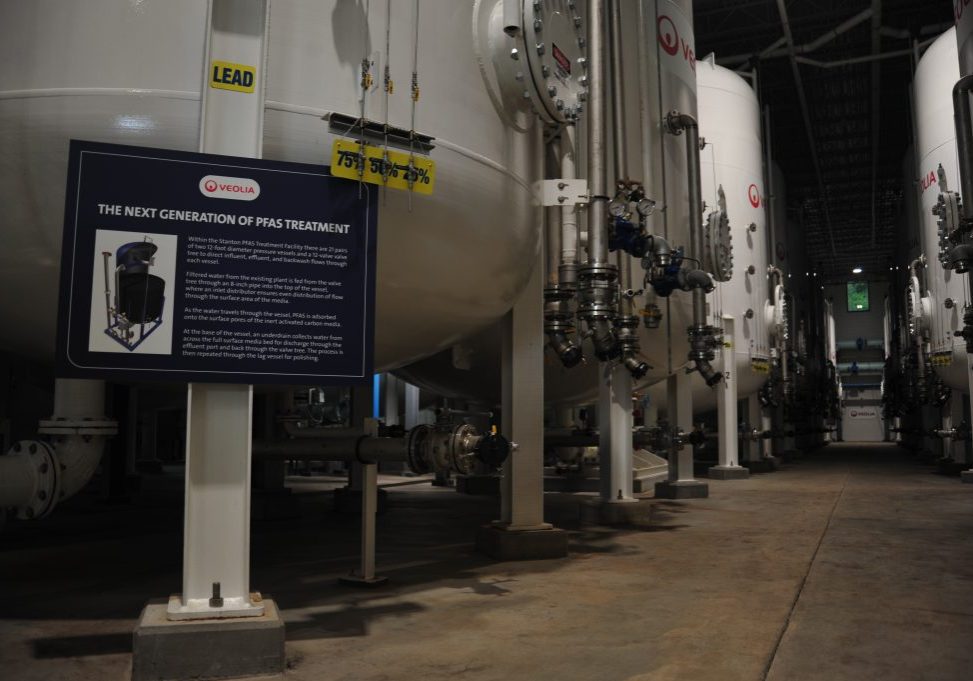
LNG plan on Delaware River in Chester, Pa., draws criticism for targeting long-suffering city
| August 25, 2023
A plan to site a liquified natural gas facility at a Delaware River port in Chester, Pa., was not officially on the agenda of a hearing on Tuesday but it was certainly on the minds of attendees.
The hearing, hosted by the Pennsylvania LNG Task Force, was, on paper, supposed to explore the virtues of exporting LNG from Delaware River ports in southeastern Pennsylvania.
But instead it turned into a rallying cry against a plan by Penn America Energy to export LNG from a port in Chester, and gave rise to a boisterous clash of causes: environmental justice, economic development and public health and safety.
Critics contend the project would be sited in a beleaguered city that has long been a proverbial and literal dumping ground for undesirable and harmful projects, such as a trash incinerator.
Ahead of the hearing, which was attended by more than 100 people, protesters organized in part by the Delaware Riverkeeper Network paced outside the building and chanted among other things, “We the people are here today/Penn America go away!”
Opponents carried signs that read “No place for LNG,” “Lethal Noxious Greenhouse Gas” and “We want clean air.”
And in Widener University’s Lathem Hall, where the hearing was held, testimony in opposition to the project was occasionally met with affirmations of “Amen!” – a fitting response in a setting with stained-glass windows and high cathedral ceilings that was once a church.
Plans burst into the news
The proposal to build an LNG plant in Chester burst into the headlines more than a year ago, with reporting by WHYY and The Philadelphia Inquirer. In-depth stories by The Intercept and the website DeSmog followed.
The plan would take natural gas from one of the nearby networks of pipelines in Marcus Hook, Pa., and cool it to 260 degrees below zero (roughly the equivalent of the temperature of the surface of the planet Mercury at night), which would condense it into a form that would allow it to be exported overseas.
Supporters of the project see it as a way to meet a growing global demand for LNG, especially as other countries reduce their dependence on major suppliers, such as Russia.

Penn America representatives could not be reached for comment but on the company’s website, a timetable calls for submitting an application this year to FERC, to gain approvals by next year, and to be operational in the first quarter of 2028.
However, the proposal underscores a collision of goals.
Proponents tout the permanent positions that would come with operating the plant and construction jobs to build it, plus the millions of dollars in taxes and secondary economic benefits.
Carl Marrara, the executive director of Pennsylvania Manufacturers’ Association, cited an economic analysis commissioned by the association that found the construction of the plant would support a total of 28,249 direct, indirect and induced jobs over four years.
“This totals more than $2.3 billion in labor income, $2.8 billion in gross state product or value added, and $4.8 billion in total output,” he said.
“Ultimately,” he added, “what this means is jobs and significant tax revenue for a part of the Commonwealth that desperately needs it.”
Opponents rejected that premise and say the LNG plant would be another harmful imposition on a city of 35,000 people already afflicted with exceptionally high rates of respiratory illnesses, asthma and other medical conditions that shorten life spans because of a concentration of waste treatment plants, power plants and manufacturing.
“New polluting industries are not welcome in Chester,” Stefan Roots, a city councilman, testified before the task force.

‘Suffer for other people’s comfort’
The pushback and criticism were exemplified in the testimony of Zulene Mayfield, chairwoman of Chester Residents Concerned for Quality Living, who has for decades been an activist calling attention to the environmental harms Chester faces.
Mayfield testified that the community has endured an “environmental genocide” for the benefit of others.
“We suffer for other people’s comfort,” she said. “We suffer because we are a Black and brown community.”
She added: “Are we angry? Yes, we are. Absolutely.”
To create a buffer zone around the LNG plant would mean the loss of homes, businesses and houses of worship, she said.
“We say no,” she said, as members of the audience erupted in calls of “No! No! No!”
Criticism over the task force members
Sue Edwards of Swathmore, Pa., north of Chester, was among those who protested ahead of the start of the hearing.
“LNG is an extremely dangerous fuel. It can explode with the smallest spark, leaving no time to evacuate,” she said. “To put it in a city, particularly a city that is overwhelmed with pollution, such as the trash-burning facility, and others, is nonsensical and irresponsible and dangerous.”
Mayfield criticized the makeup of the task force, which includes members of the General Assembly, the natural gas industry and labor leaders.
“There can be no decisions about us, without us. We call on all legislators from Delaware County to protect the people of Delco and oppose Penn America LNG,” Mayfield said.
State Representative Joseph Hohenstein, (D-Philadelphia County), was also critical of the group’s work, noting that it was authorized by the Legislature and paid for by the taxpayers.
“As we conduct the people’s business, we have a duty to make certain that all voices are heard and all the facts developed,” he said. “I do not believe we have done our duty because we are not truly lifting up all voices and the process is more opaque than transparent so the facts remain shrouded.”
The panel, enacted by the Legislature and chaired by Rep. Martina White (R-Philadelphia), is supposed to issue its final report in the fall.
As the crowd broke up and people filed out after the hearing, a woman holding a “No LNG” sign shouted above the din: “You care about your children. We care about our children. Do you have a conscience?”








